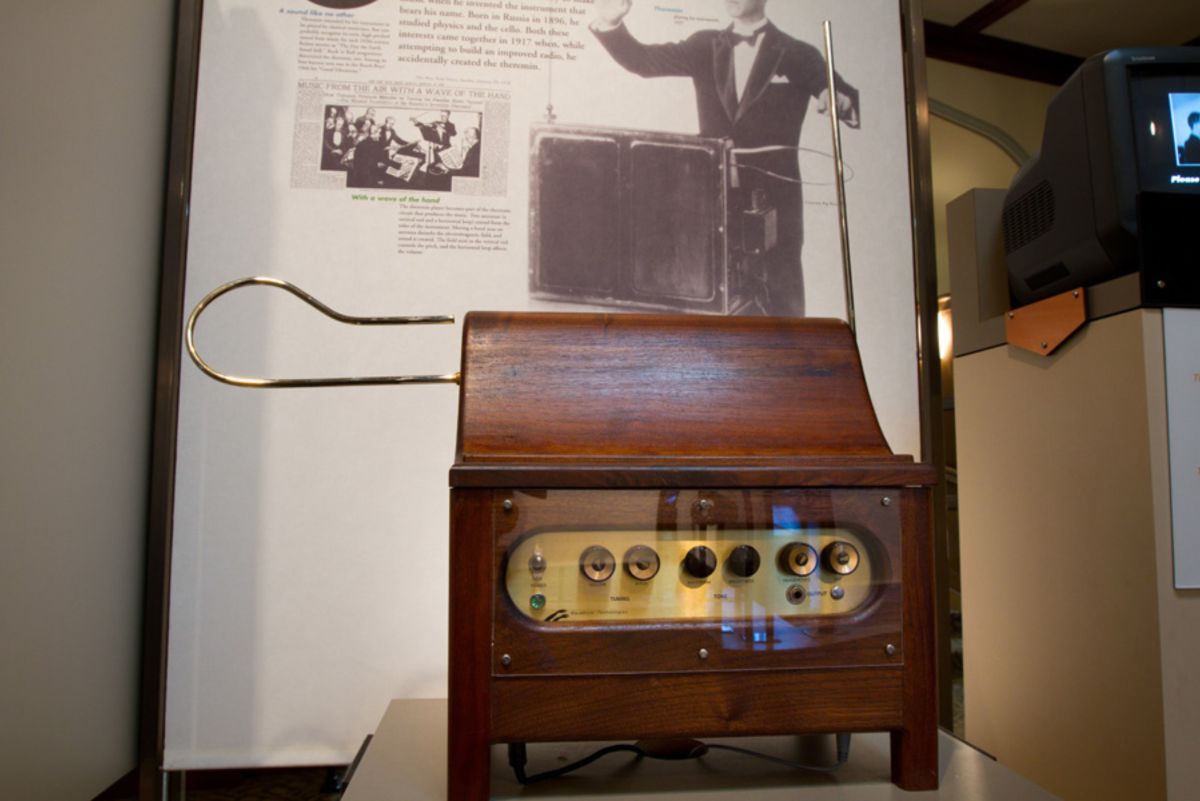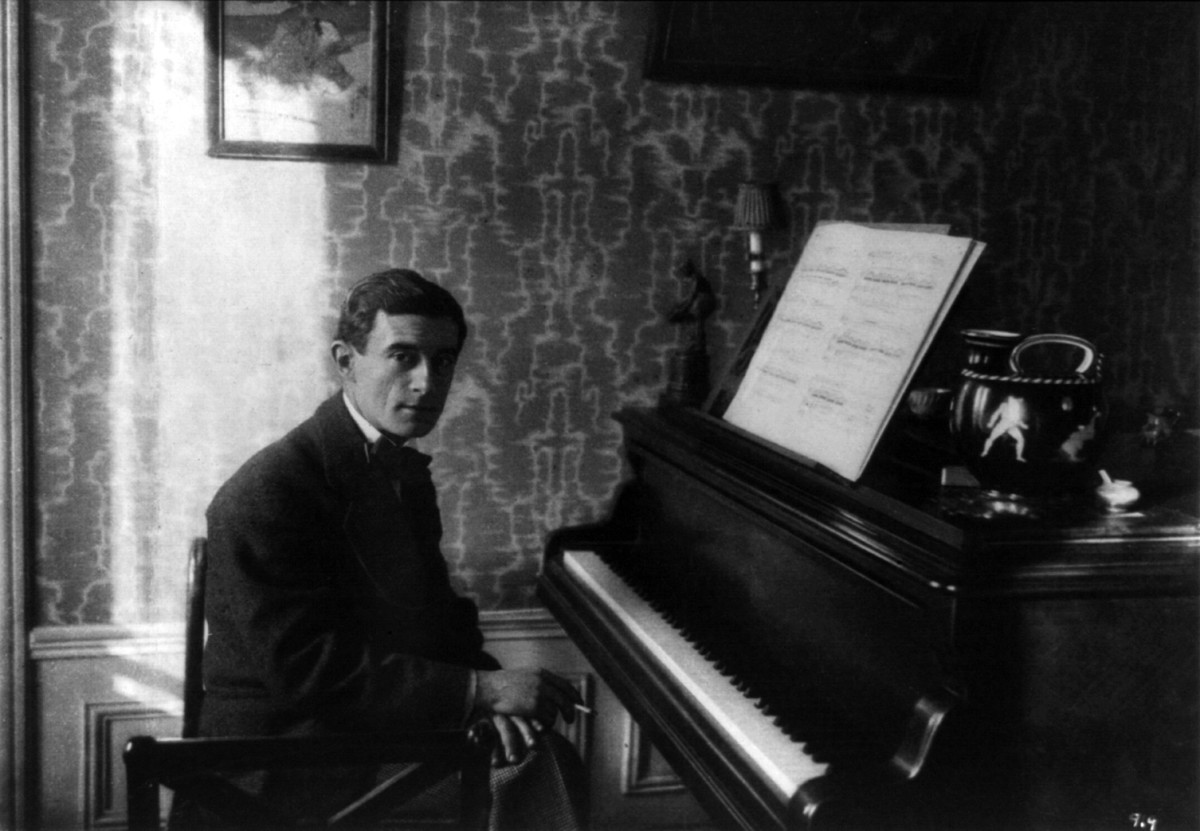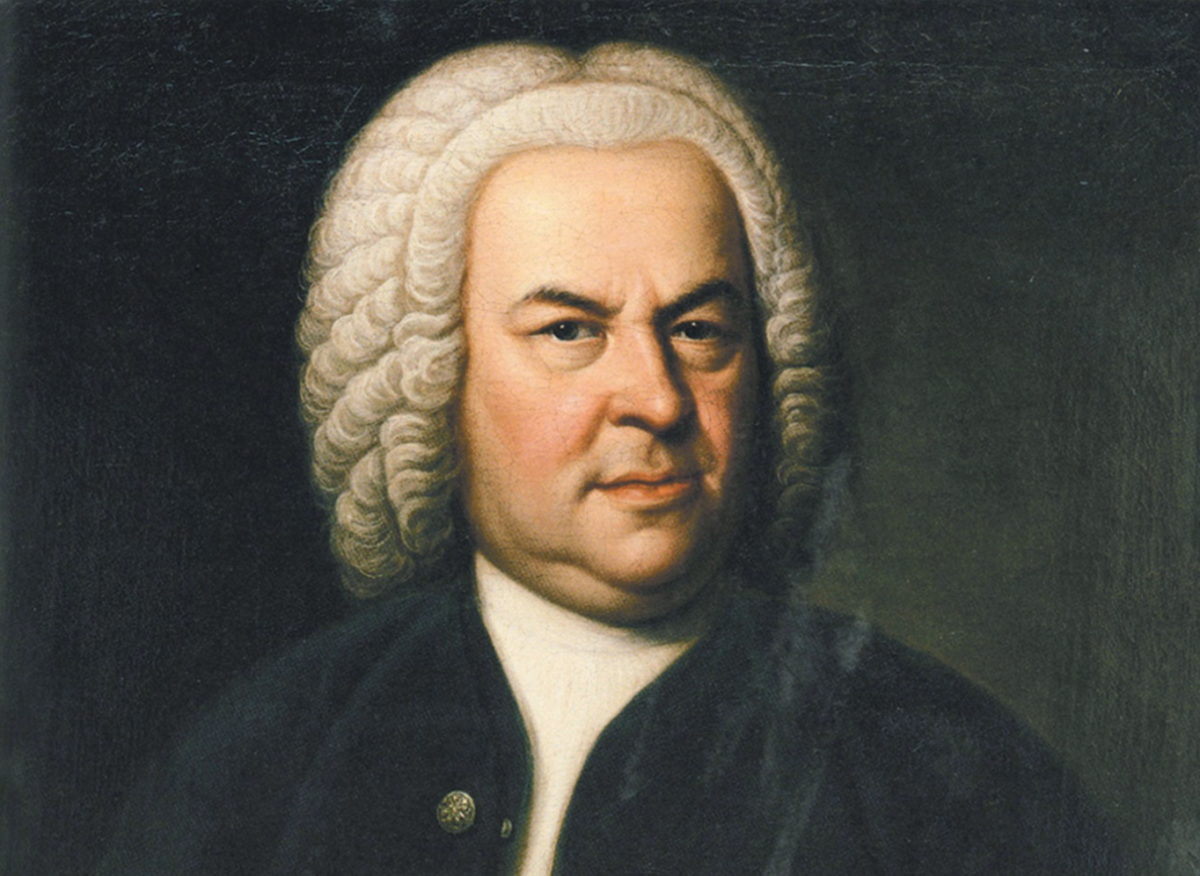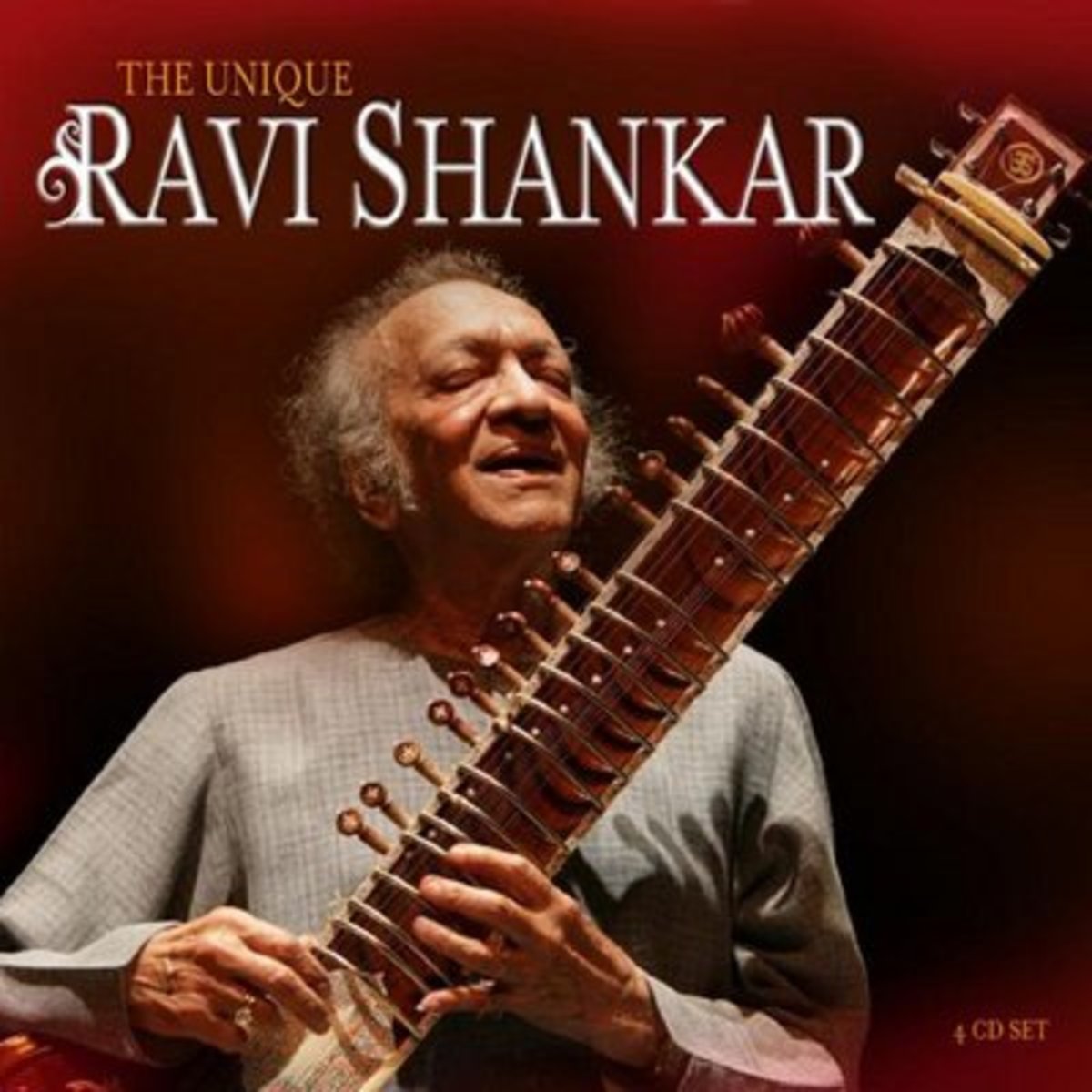Understanding Sonatas - Beethoven

I have been taking classes on the sonatas written by Beethoven, and have found them incredibly interesting. I've also learned a great deal about the context and time in which this great composer lived, and I wouldn't be a Bubbler if I didn't want to share that information with all of you.
So I am starting this series to tell you, not only about Beethoven and his contemporaries, but about the Sonata, how to listen to them, and what you can learn from them.
In this first post, I will create the background for you to understand how and why Beethoven came to the fore, and what influenced him.
It's important to understand that, while I will mostly focus on Beethoven, there are 3 great influences that have helped shape his work. These are the great musicians Bach, Haydn and Mozart.

In The Beginning - Bach
Let us travel back to the eighteenth century. Music was created for a distinct purpose, and was mostly religious in nature. Musicians didn't freelance, but worked for a patron who gave them commissions. There are no concerts, as music is intended to be enjoyed by the higher classes in their own homes.
In Bach's high days, as was the norm at the time, he was playing mostly to accompany those who were savoring a coffee at special establishments. And although he conformed to the rules of his time, he wasn't content to merely create his music following a strict schedule. He played with the music and tried to discover the limits of where he could take it. This marks the end of an Era - and the beginning of a new one.
Haydn
But Bach was still told what he could and couldn't make. He followed orders.
Haydn, born 1742, was at first merely the musical employee of yet another rich family. He wrote and played as he was told. But in 1779, right in the time of the Enlightenment and the French Revolution, he was issued a task that was wholly new at the time: to make something of his own choosing.
This marks a turning point in his music. He is able to put in a lot more creativity in his creations. He starts to travel and perform in a variety of places, at one point moving to London. His star was rising, and his fame and fortune grew exponentially.
In 1795, Haydn returns to Europe, being a wealthy and popular performer, showing what was possible.

Mozart
At approximately the same time, Mozart, a young musical genius, was malcontent with his position in society. Haydn spoke highly of him, and Mozart returned the favor. And like Haydn - and Bach - Mozart starts his career by working in the employment of a court at the age of 16.
It wasn't for him. But that's how it went in those days. Still, Mozart wouldn't settle to work solely on what was given to him, and he rebelled. It didn't help that his employer, a Bishop, was very bossy. Mozart broke off his employment and went to roam Europe, to work as a freelance composer. This was wholly new at the time.
After several years, he returned to work for his former boss, but couldn't stand being reigned in, and once more broke free. As legend has it, the bishop's steward gave him a (quote) "kick in the arse".
This was a crucial turning point in the history of the musical rights movement. Never before had a composer refused to be a mere slave to an employer's desires.
Those years as a freelancer were, in fact, the most rich of his entire career. Not literally, but in terms of creativity. He composed his most brilliant and famous works in that time. But, as luck would have it, by the year 1788, he had gone out of style. He wasn't "hot" anymore. And he suffered both financially and in terms of his health as a result, succumbing to an early death, being barely in his thirties.

Beethoven Comes In To The Fold
This is the mindset of the times when Beethoven came into the fold. Mozart had recently died, Haydn was a celebrated name. It was an important transitional moment.
Beethoven was born at the right moment. When he came of age, there was room for what he brought with him. Beethoven focused on innovation, and reviewed his work with great care. That also meant he worked slower than most others. And he didn't like taking orders. But luckily for him, that path had just been cleared. He was able to choose his own path.
He decided to stay independent, though he did have his sponsors.
And he started out pretty late. He was already 25 by the time he published his first work, Opus 1. And the money he earned with it allowed him to live for a year, before it finally ran out.
The final 16 years of his life, he didn't perform in public once. And yet he was one of the most famous and celebrated composers of the late 18th, early 19th century.
Why?
Because he was the very first to write the Great Sonatas!
Your Opinion
Which of these is your favorite composer?
Your Opinion
Who is your favorite composer? Do you love the great sonatas? Was any of this information surprising to you? Share your thoughts in the comments below!








